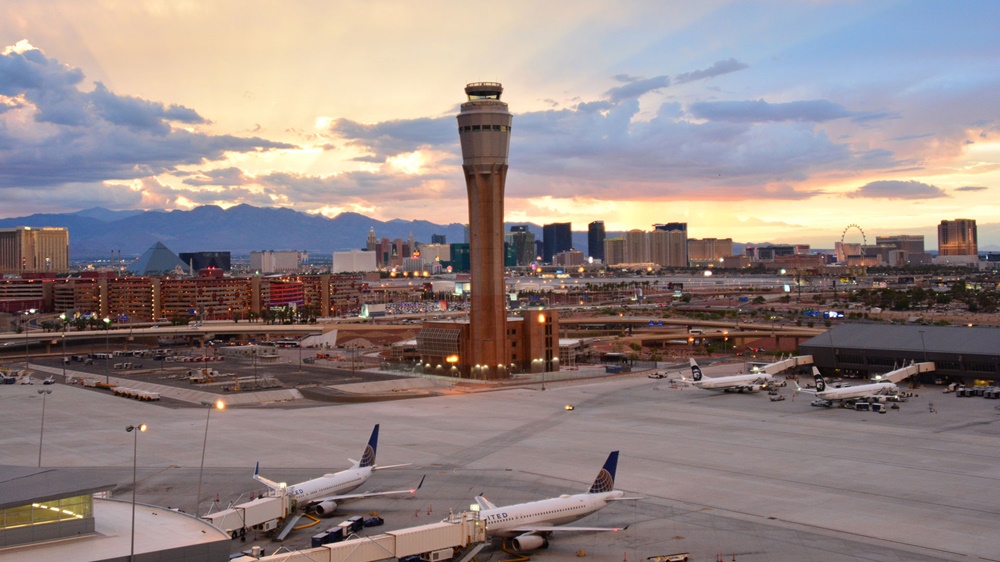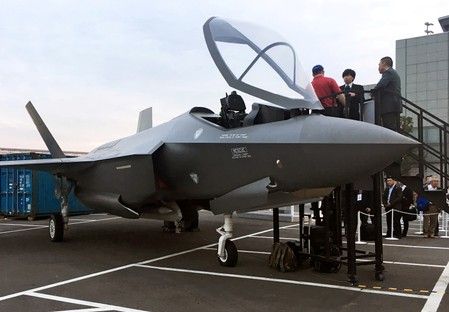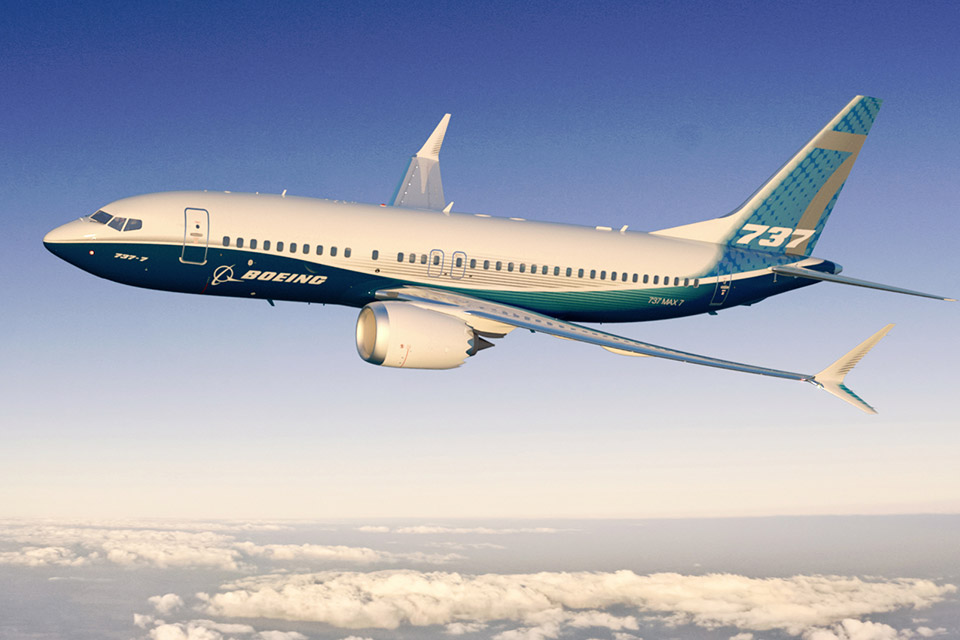
ANNAPOLIS, Maryland – Passengers traveling through Las Vegas’ McCarran Airport can look forward to a new streamlined journey with Collins Aerospace Systems’ SelfPass™ biometric solution. The solution, which is set to be installed at all of McCarran’s international gates, and will be available for demonstration at the Annual Airports Council International-North America conference this week in Tampa, Florida. Collins Aerospace is a unit of United Technologies Corp. (NYSE: UTX).
With SelfPass, there is no pre-registration required. Passengers simply step up to the camera for a facial scan to validate their identity against the U.S. Customs and Border Protection Traveler Verification Service, which retrieves their boarding details, and they then proceed to board the aircraft through the auto boarding gate.
“We have a 20-year history of successfully collaborating with McCarran Airport and we’re ready to help them streamline the passenger journey even further with expanded use of our SelfPass biometric solution,” said Christopher Forrest, vice president of Global Airport Systems for Collins Aerospace. “SelfPass takes less than one second to capture and process a passenger’s facial image and eliminates the need to repeatedly present travel documents, making the process more efficient for both passengers, airlines and airports.”
SelfPass is already live with one airline following a trial throughout the summer. Wider deployment of SelfPass is set to commence in November with the addition of a second airline. In all, 19 airlines will be operational when the installation is complete.
In additional to SelfPass, Collins Aerospace has been a long term provider of other key solutions that improve efficiencies at McCarran Airport. The ARINC MUSE Common-use passenger processing solution enables multiple airlines to share check-in desks and departure gates, the ARINC BagLink™ supports efficient and accurate baggage sorting and loading, and ARINC supplies self-service kiosks throughout the facility.




